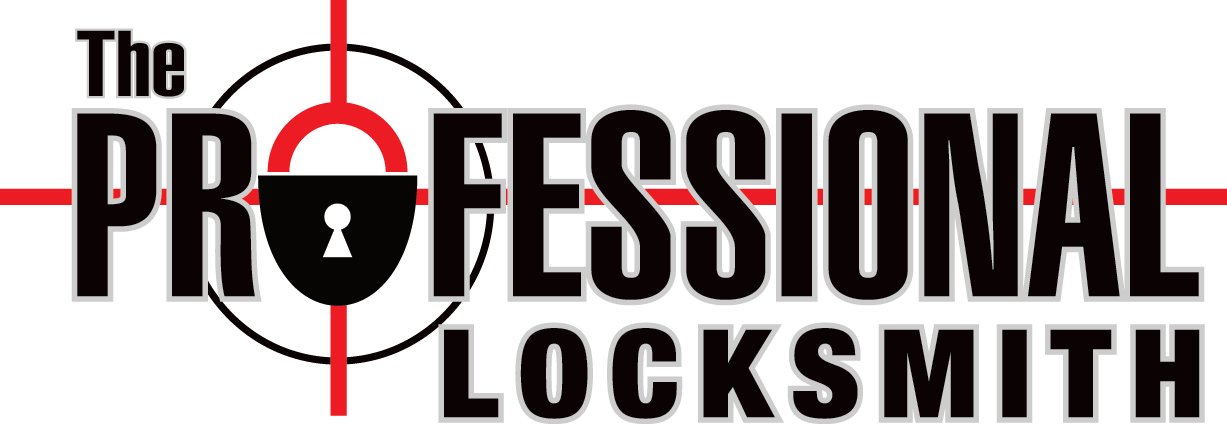When it comes to protecting your valuable belongings, choosing the right safe is essential. Whether you are a homeowner in Chicago looking to secure your jewelry and important documents or a business owner in need of a secure storage solution for cash and sensitive data, there are a few key factors to consider. And that is where this article will help. Here, we will explore the different types of safes available, the features to look for, and the considerations specific to the Chicago area. So, keep reading!
Types of Safes
There are several types of safes available, each designed to meet different security needs. Here are some of the most common types:
Home Safes: These small safes are for personal use in homes. They store important documents, jewelry, and other valuables. Home safes can be fire-resistant and burglar-resistant, which provide protection against both fire and theft.
Wall Safes: As the name suggests, wall safes are installed within walls to make them discreet and hidden. They are commonly used for storing cash, jewelry, and small valuables. You can easily conceal wall safes behind a painting or furniture.
Floor Safes: Floor safes, installed on the floor, are commonly used in commercial settings such as banks, hotels, and retail stores. One can access these through a hinged door or a removable cover. They provide high-level security and are resistant to burglary attempts.
Gun Safes: Gun safes are specifically designed to store firearms securely. They are built with reinforced steel and often feature combination locks or digital keypad locks. Gun safes can prevent unauthorized access to firearms and protect them from fire or other damage.
Deposit Safes: Deposit safes are commonly used in businesses where cash handling is involved, such as banks, restaurants, and retail stores. They have a slot or drawer for depositing cash or documents without opening the main safe compartment. Deposit safes often have dual keys or combination locks for added security.
Jewelry Safes: Jewelry safes are an excellent option for storing valuable jewelry pieces. They usually have specialized compartments and drawers to organize and protect delicate items. Jewelry safes can be fire-resistant and have advanced security features like fingerprint scanners or biometric locks.
Data Safes: Data safes are designed to protect electronic media, such as hard drives, USB drives, or backup tapes, from fire, water, and other environmental hazards. They are built with insulation materials and may have additional features like humidity control to preserve the integrity of stored data.
These are just a few examples of the different types of safes available on the market. But when choosing a safe, assess your specific security needs and select one that provides the level of protection required for your valuables.
Features to Look For
Size and Capacity: Consider the size and capacity of the safe based on your needs. Determine what items you plan to store in the safe and choose a size that can accommodate them.
Fire Resistance: Look for safes with fire resistance. Check the fire rating of the safe, indicating the amount of time it can withstand high temperatures without damaging the contents. Choose safes with at least a one-hour fire rating.
Burglary Protection: Consider the level of burglary protection offered by the safe. Look for ones constructed with solid materials such as steel and have secure locking mechanisms.
Locking Mechanism: Decide on the type of locking mechanism you prefer. Traditional safes usually come with a combination lock, but you can also consider electronic keypad locks or biometric fingerprint locks for added convenience.
Water Resistance: If you want to protect your items from water damage, choose a safe that offers water resistance. Look for safes with a water-resistant seal to keep your items safe in case of a flood or water leak.
Installation Options: Consider how you plan to install the safe. Some safes can be bolted down to the floor or wall, while others are portable and can be easily moved around. Choose an installation option that suits your needs and provides added security.
Internal Organization: Look for safes with internal organization options such as shelves, drawers, or compartments. These will help you keep your items organized and easily accessible within the safe.
Insurance Coverage: Check if the safe meets the requirements for insurance coverage. Some insurance companies may require specific features or certifications for the safe to be eligible for coverage. Ensure you review your insurance policy and choose a safe that meets the necessary criteria.
Price: Consider your budget when choosing a safe. Safes can vary significantly in price depending on their features and level of security. Determine your budget and look for a safe that offers the best value for your money.
Warranty and customer support: Lastly, consider the warranty and customer support offered by the safe manufacturer. Look for safes that come with a warranty to protect your investment. Additionally, check if the manufacturer provides reliable customer support if you have issues or need assistance with your safe.
Conclusion
Remember, choosing the right safe for your home or business is an investment in the security of your valuable belongings. Chicago is known for its high crime rates. Therefore, opt for a safe offering maximum protection against theft and burglary. Of course, these guidelines will help you make an informed decision. But look no further than us for effective installation. We work with a variety of safe options and show you how to keep them well-maintained. Our locksmiths are available 24/7 hours. So, contact us to get a quote today!


